|
|
| |
| |
 |
Introduction
|
| |

CINEMA stands for Creative Industries for New Urban Economies and is located within the Interreg Danube Transnational Programme. During the next 2,5 years our project aims to foster urban regeneration by collaborating with creative industries. The revitalisation of urban areas and city centres is a key challenge for social cohesion and competitiveness in the Danube Region. Many inner cities suffer from desertion as a result of industrial transformation, changing consumer habits, suburbanisation, etc. At the same time the creative industries are a cradle of innovation and an underestimated economic asset in each region. Together we are working on three thematic focus subjects: the revitalisation of empty floor spaces and retail and small businesses in inner cities, as well as the establishment of support centres for creatives. We are looking forward to providing city centres with a creative and innovative spirit! www.interreg-danube/cinema
|
|
|
| |
 |
Pilot locations
|
| |
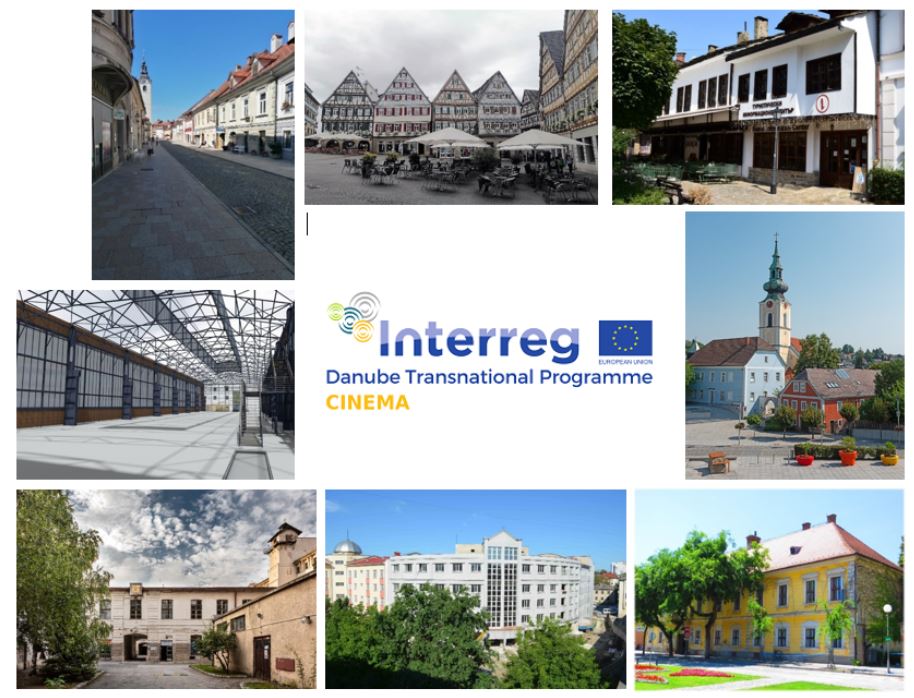 |
| |
|
The CINEMA partnership consists of 17 municipalities, enterprises, business support organisations, creatives and academia, from eight countries in the Danube Region. In our regional pilot locations in each participating region, we will create roadmaps to shape new and restructure old urban economies while tackling environmental and social challenges. This will support the local and regional administration and retail in order to shape new urban economies, involving creatives and citizens. The tools will be developed, tested and realised and will serve as a blueprint for all further urban development activities in the Danube Region The pilot locations vary from abandoned industry compounds to medieval inner city centers. Learn more about our regional pilot locations.
(Photos: Project Partners)
|
|
| |
 |
what happened so far
|
| |
|
Kickoff Conference: On August 25 CINEMA officially went “live” at the virtual kick-off conference. As part of the European Forum Alpbach our consortium took the chance to use this international platform to organize e.g. a panel discussion on sustainable building in urban areas. Learn more
Meetings and Workshops in times of COVID: In order to keep all partners safe and healthy but at the same up to speed with the project activities we switched from quarterly live meetings to monthly online meetings. The first Advisory Board meeting was held online in October. A workshop on different online communication and collaboration tools was held and three thematic workshops on urban regeneration for the partnership also took place in a virtual surrounding.
Pilot Location Analysis: During the last months each of our regional piloting locations already has or will undergo an indepth analysis of their potentials and opportunities. For this, the partners of the piloting locations together with our Austrian partner CIMA, a consultant for urban and regional planning, provide data and information according to the piloting check. CIMA visits all locations in order to help prepare a guidance document for municipalities and other local players to unlock the full potential of their urban locations. The results will be available on our website soon!
|
|
| |
 |
hackathons "remix the city"
|
| |
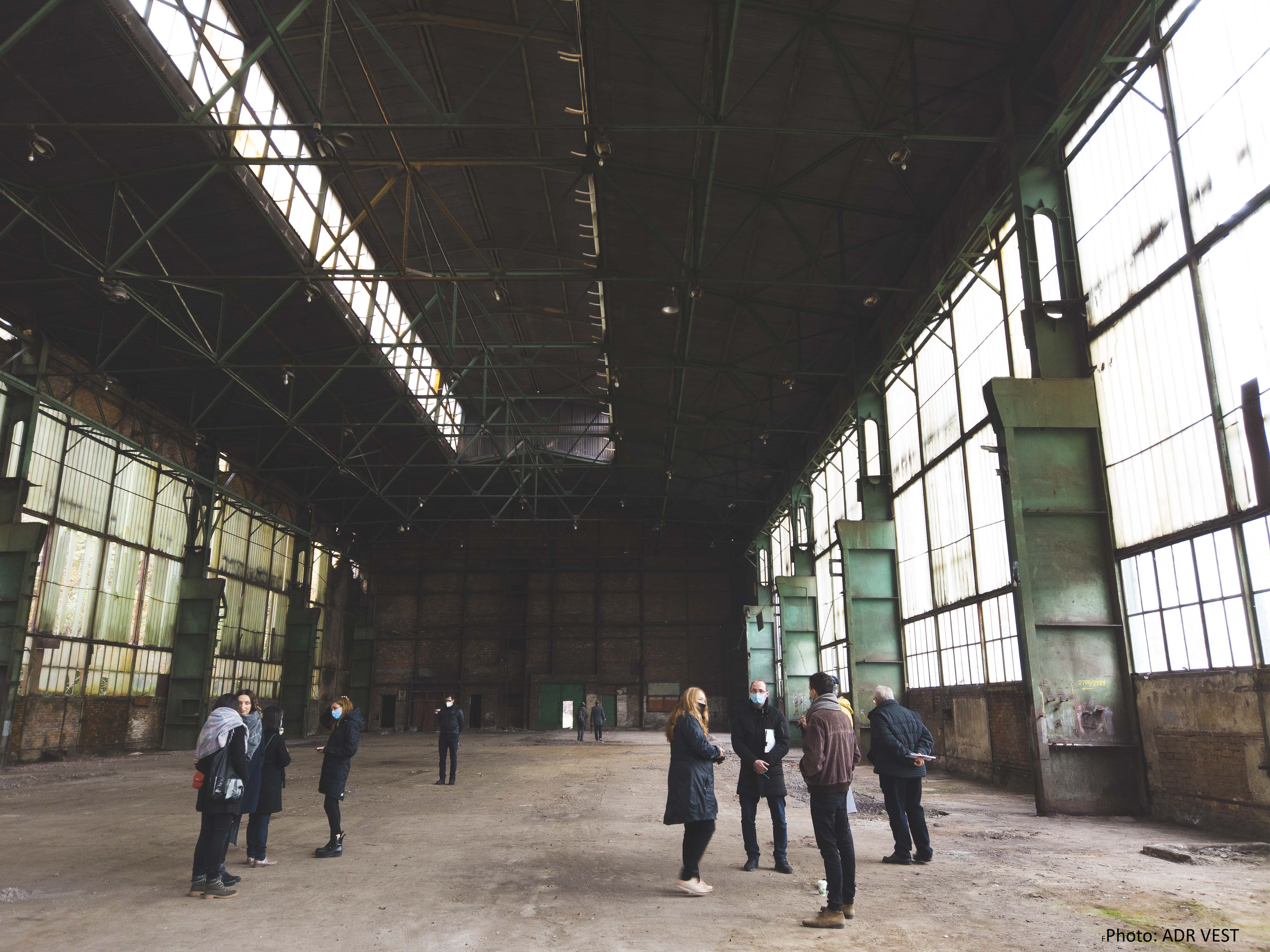 |
|
Usually a “hackathon” is a participatory activity of 1-3 days or even shorter, where people come together in small teams to solve problems or challenges and learn from each other on specific topics. This mostly happens in a friendly competition and provides a space to make progress on problems the participants are interested in. In the context of CINEMA the “Remix the City” hackathons, which take place once per region, will help to develop solutions to start and strengthen the innovation process in urban surroundings. They will help to fight the effects of the COVID-19 crisis and foster the collaboration between CI and urban economies. The hackathons are also an important contribution to develop regional networks to support activities between CIs, SMEs, politics and citizens for restructuring and reshaping urban economies. Of course, due to the circumstances the hackathons are taking place mostly in virtual formats and will therefore be an innovative challenge within themselves…
In Slovenia the first hackathon already took place as an online event. The challenge was to find solutions for the “City centre area as a holiday shopping centre”. Many interesting ideas came up, however the winning proposal was a designed gift voucher for 10 €, which can be used for purchases in the Kamnik city centre during the holiday season. On November 17th, Resita Municipality from Romania organised a hackathon at the pilot location (see photo by ADR Vest). Artists, engineers, academia, businesses and support organisations were invited to get inspired by the location and surroundings and to envision the future for the site. Several outstanding ideas have been generated reflecting at the same time the community's needs and the industrial tradition of the city.
You will learn more about all our Hackathons, their results and the participants’ experiences in detail in the next newsletter!
|
|
| |
 |
cooperation with restart_4danube
|
| |
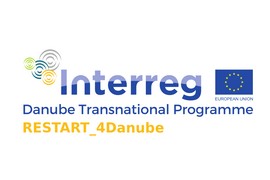 |
|
The CINEMA consortium has the great opportunity to cooperate with another DTP project: On October 15 our Lead Partner from Slovenia was invited to present the CINEMA project on the Kick-Off Event of the project RESTART_4Danube. Our „twin” project’s main objective is to improve the framework conditions and policy instruments supporting smart specialisation strategies (S3) for a new model of urban regeneration involving creative and cultural industries. The project includes a multilateral partnership to develop new types of governance and public policies in an innovative approach combining tandems & follower cities. We see great potential and synergies in this collaboration and we already committed to supporting each other’s activities.
dtp.interreg-danube.eu/restart-4danube
|
|
| |
 |
background: collaborative spaces and supporting policies in times of pandemic
|
| |
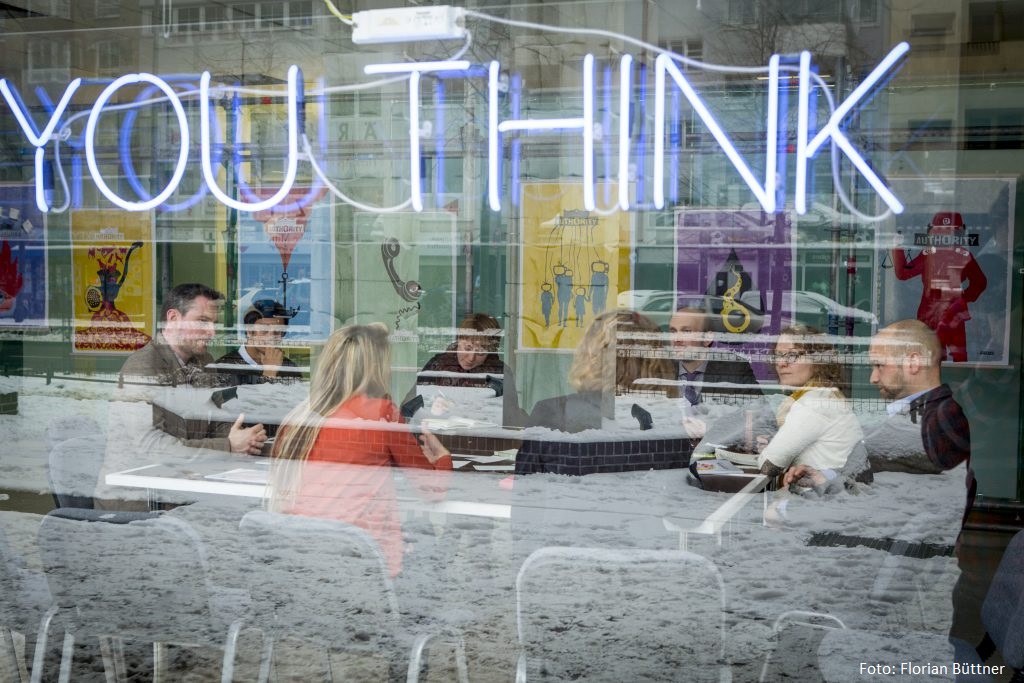 |
| |
|
Where are we coming from, what have we observed in the crisis and what are practical measures and approaches for policy makers post-Covid to help build innovative solutions? The following text by Susy Silva (Lisbon), Dr. Steve Harding (Birmingham City University) and Dr. Bastian Lange (University of Leipzig/Multiplicities) is a proposal on how to co-design collaborative solutions for commonly used spaces in Europe. The authors want to expand a range of policy actions in regard to the Covid-19 pandemic conditions and focus on a refined methodology as well as on values that embrace co-creation, cooperation, respect and solidarity. The described measures can be seen as single approaches or more typically as a combination of policy responses to tackle specific circumstances. They can also be considered as part of a systemic approach to sustainable economic development and will help to underpin strategies for policy makers to focus on their objectives.
https://multiplicities.de/whats-next-how-can-we-co-design-collaborative-solutions-to-help-makerspaces-in-times-of-pandemic/
Further reading: https://cpcl.unibo.it/article/view/9556/10456
As a European network, Multiplicities works out expert studies and provides strategy advice, with an expertise in urban and regional development.
(Photo: Florian Büttner)
|
|
| |
 |
contact
|
| |
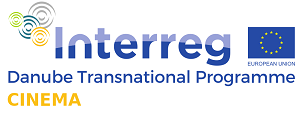 |
|
In case you have any comments or questions please contact us:
Project Coordinator
Chamber of Commerce and Industry of Slovenia
grit.ackermann@gzs.si
Project Communication
Stuttgart Region Economic Development Corporation
margit.wolf@region-stuttgart.de
dtp.interreg-danube.eu/cinema
Follow us on 
|
|
| |
 |
the cinema consortium wishes everyone a very happy and healthy holiday season!
|
| |
|
|
|
|
| |
|
If you have received this newsletter, you have been included on one or more of the Danube Transnational Programme/projects postal mailing lists. We are committed to respect and protect the privacy of personal data collected. We regard your personal data as confidential information and will never communicate it to third parties. Your personal data are used mainly for the express purpose of receiving the newsletter. Your mailing details may also be used by the DTP and its projects for information and dissemination purposes strictly related to the programme and its projects. If you prefer not to receive more of this newsletter and your data not to be used for dissemination purposes, you can unsubscribe by sending a reply email.
|
|
|
|
|
|
